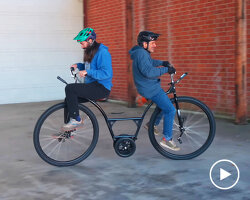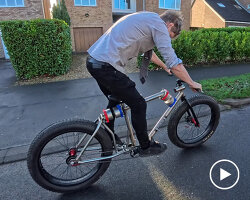KEEP UP WITH OUR DAILY AND WEEKLY NEWSLETTERS
nik bentel studio scales down the lidl supermarket trolley into a stainless steel, wire-frame handbag dubbed the 'trolley bag.'
connections: +330
as designboom evolves into a creative studio, designboom needs a lab senior editor to manage our branded and organic campaigns.
each chair reflects an individual child’s input and imagination.
connections: +920
the spiral structure follows principles of fluid dynamics and thermodynamics to optimize heat distribution.
connections: 96

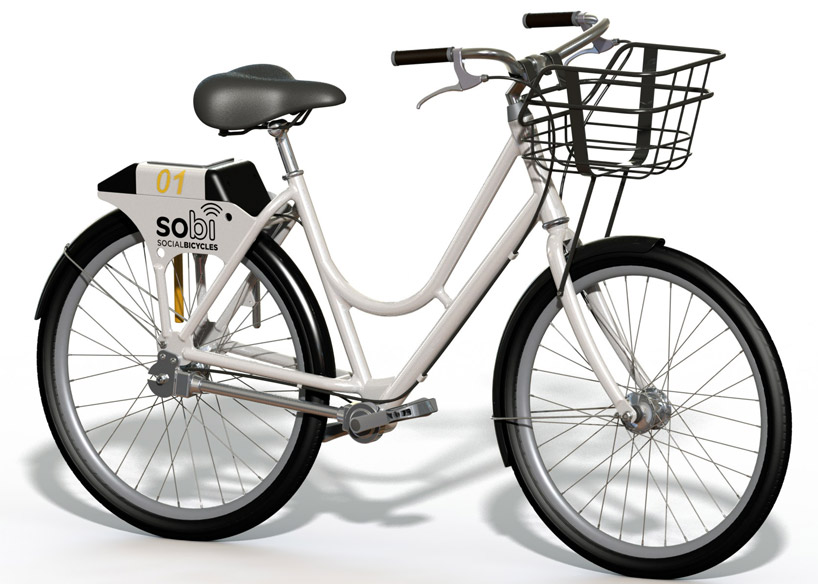 full view rendering of the bike
full view rendering of the bike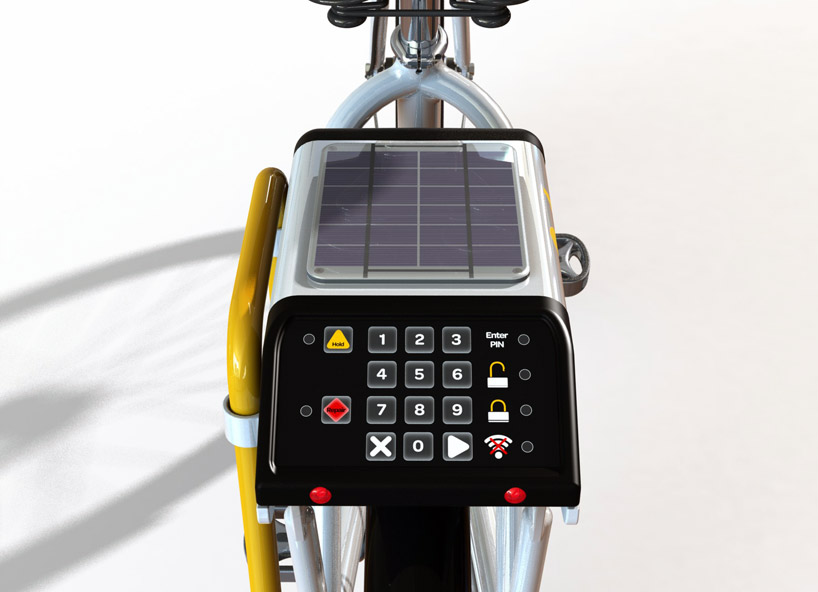 full view of the lockbox and keypad
full view of the lockbox and keypad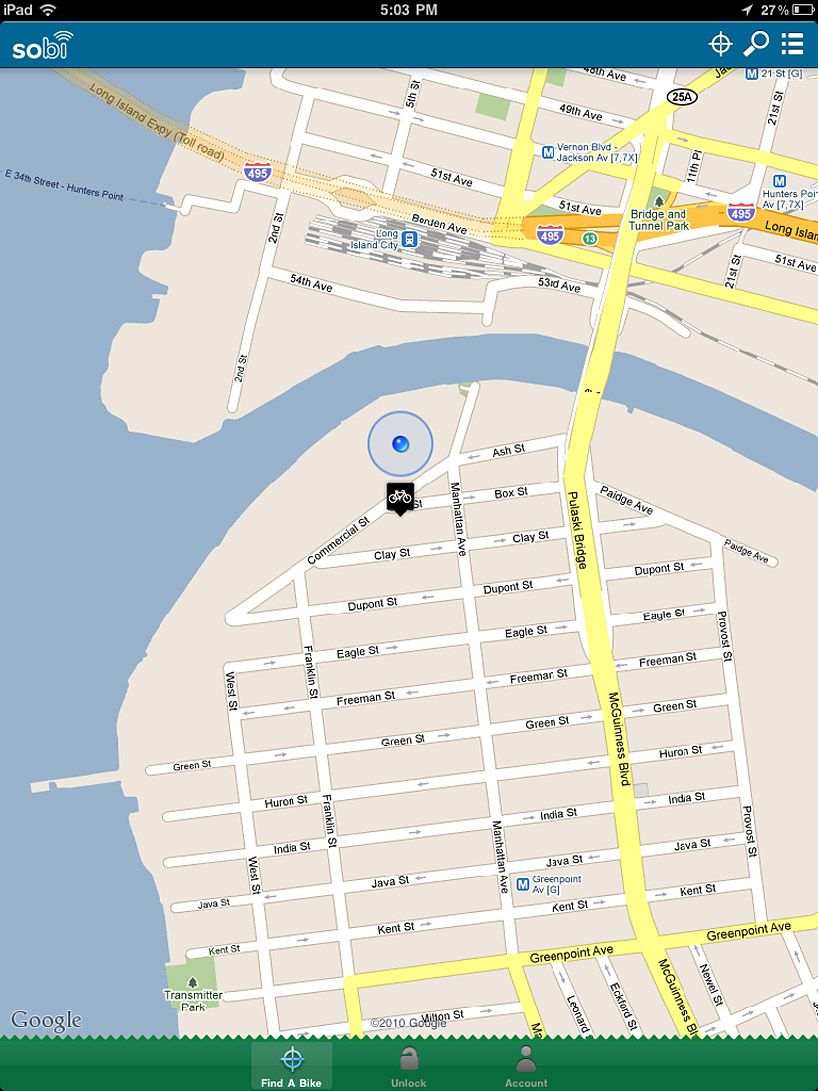 example screenshot from the ‘sobi’ smartphone application
example screenshot from the ‘sobi’ smartphone application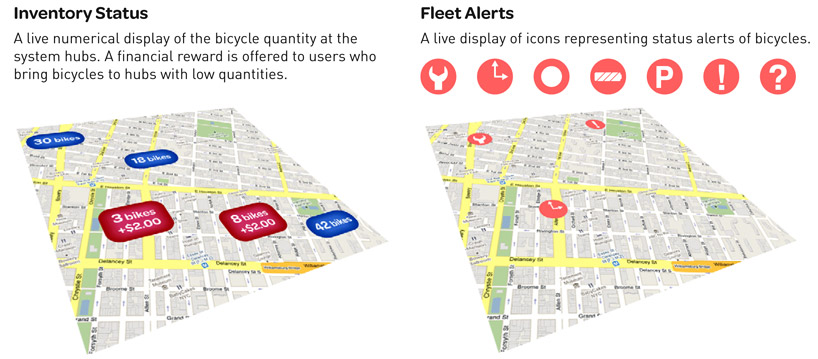 example views of the system information available to users via the smartphone app
example views of the system information available to users via the smartphone app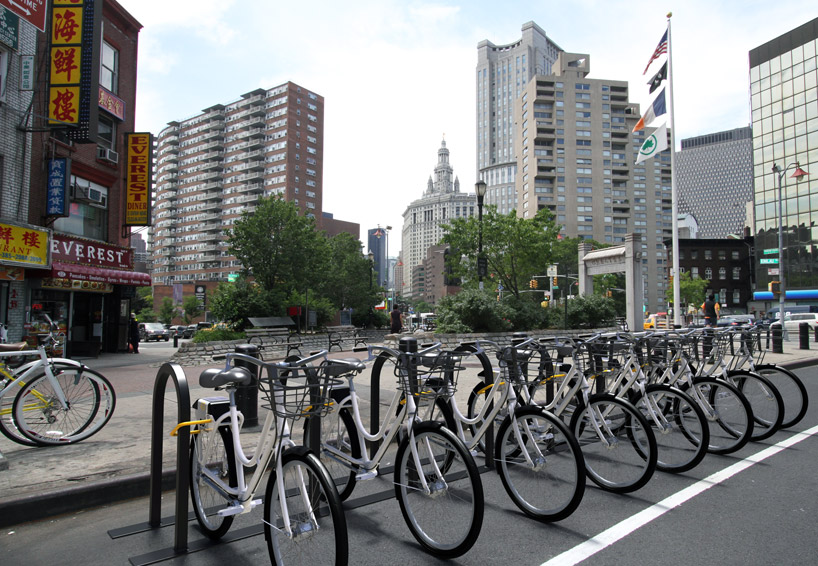 rendering of a system hub, which makes use of existing bike racks
rendering of a system hub, which makes use of existing bike racks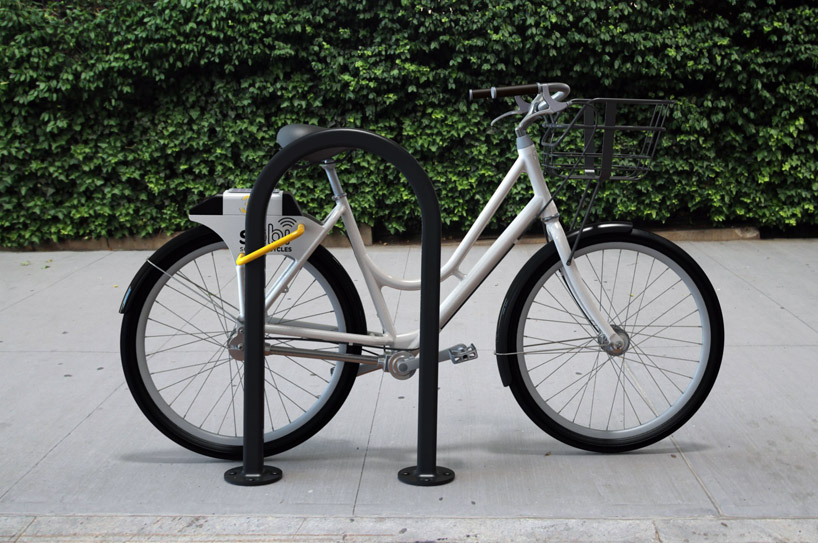 view of the bicycle locked
view of the bicycle locked structural diagram of interior of lockbox
structural diagram of interior of lockbox most recent prototype of the lockbox casing
most recent prototype of the lockbox casing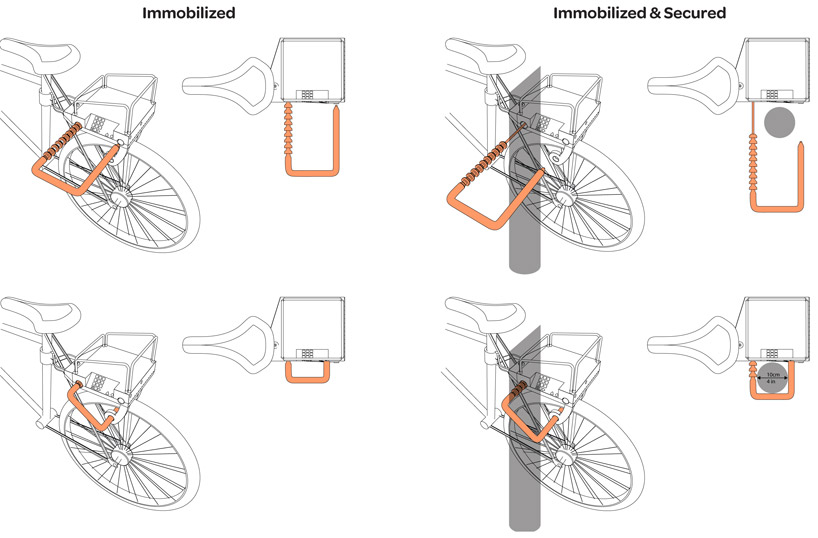 diagram of the locking mechanism for an early lockbox design (top row: locked; bottom row: unlocked); the current U-lock model functions similarly but is more secure, can be used from both sides of the bicycle and lock to larger objects
diagram of the locking mechanism for an early lockbox design (top row: locked; bottom row: unlocked); the current U-lock model functions similarly but is more secure, can be used from both sides of the bicycle and lock to larger objects


